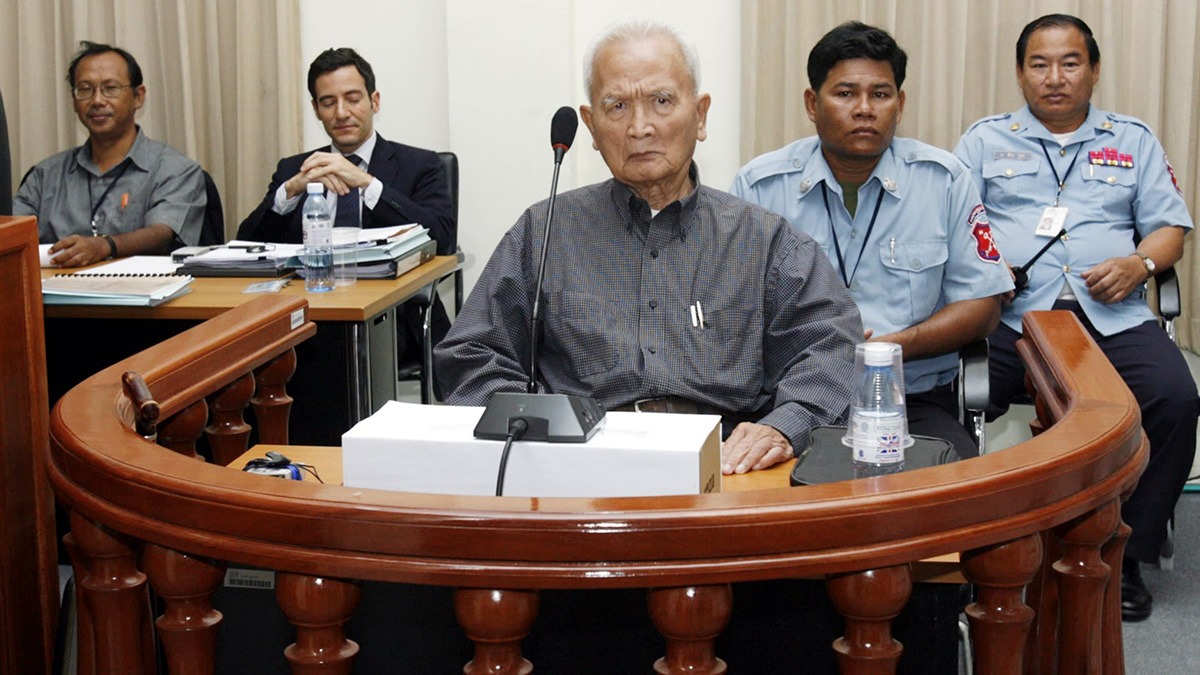In July 2006, when I started my service as a U.N. investigator in the Office of Co-Prosecutors at Cambodia’s Khmer Rouge Tribunal, national co-prosecutor Chea Leang pulled me aside one day and, with a look of concern on her face, asked me: “How do you investigate two million murders?”
That simple query cuts to the heart of the problem of justice in mass atrocity cases, such as that perpetrated by the Khmer Rouge between 1975 and 1979. The ancient Greeks argued that justice involves proportionality — but what is that balance when you have suffered millions of dead, and your entire country and culture have been destroyed?
This question has re-emerged since the death on August 4 of Nuon Chea, longtime second in command to Pol Pot in the Khmer Rouge revolution. His death raised questions about the success — or lack thereof — of the Khmer Rouge Tribunal.
In full: https://asia.nikkei.com/Opinion/Nuon-Chea-s-death-highlights-importance-of-Khmer-Rouge-Tribunal
